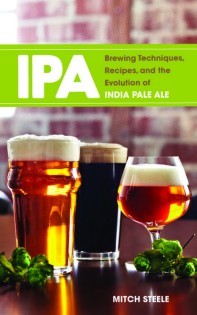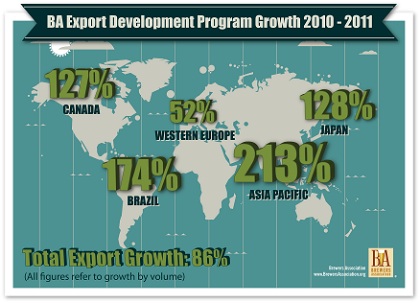Boston Beer founder Jim Koch announced Friday that Connecticut homebrewer Zack Adams and James Schirmer from California won the national Samuel Adams LongShot American Homebrew Contest. They will have their beers brewed by Boston Beer and distributed along with a beer from Samuel Adams employee homebrewer Dave Anderson. LongShot six-packs will include two of each winning beer.
“America’s passion for homebrewing and craft beer is at an all time high, making this year’s competition more competitive than ever,” Koch said. “This year, even the President of The United States is homebrewing at the White House. As a homebrewer for more than 25 years, I know it’s a great hobby – but it can also be a launching pad into a career or a start-up a business. I’m proud to help these winners achieve the ultimate homebrew dream by making their beer available to drinkers across the country.”
Schirmer’s beer is an American-style wheat beer called Beerflower Wheat, while Adams’ is an Imperial American IPA brewed with seven American hop varieties and thus called Magnificent Seven. Anderson made his beer with fresh strawberries, simply naming it Strawberry Lager.

 What should “the authoritative guide to the brewing techniques and history behind” India pale ale include?
What should “the authoritative guide to the brewing techniques and history behind” India pale ale include?